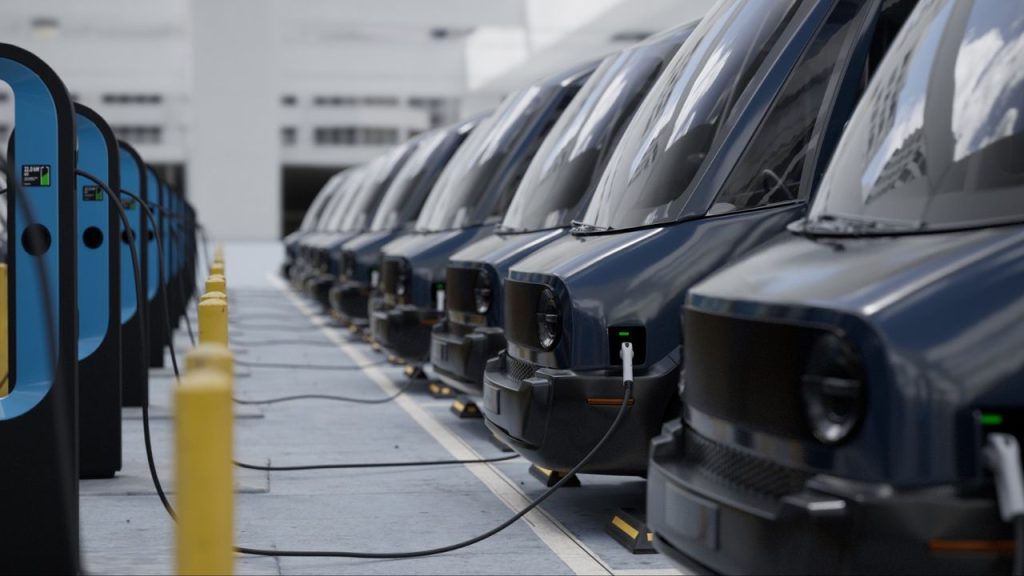Range Anxiety: Addressing the Fear of Running Out of Juice
For many electric vehicle (EV) owners, range anxiety is a familiar feeling. It’s that nagging worry that your battery will run out of charge before you reach your destination, leaving you stranded on the side of the road. However, thanks to improved charging infrastructure, real-time range data, and advancements in battery technology, this fear is gradually becoming a thing of the past.
Improved Charging Infrastructure
One of the main causes of range anxiety is the lack of accessible charging stations. EV owners often worry about finding a charging point when they need it, especially on long journeys. However, the charging infrastructure has seen significant improvements in recent years.
Public charging stations are becoming more prevalent, with an increasing number of them being installed in cities, shopping centers, and along major highways. This expansion of charging infrastructure provides EV owners with more options and peace of mind, knowing that they can easily find a charging point when needed.
Moreover, fast-charging technology has made significant strides, allowing EVs to recharge their batteries much quicker than before. With the ability to charge up to 80% of the battery in as little as 30 minutes, EV owners can get back on the road swiftly, reducing the time spent at charging stations.
Real-Time Range Data
Another factor contributing to range anxiety is the uncertainty surrounding how much charge is left in the battery. EV owners often rely on estimates provided by their vehicle’s range indicator, which may not always be accurate.
However, the integration of real-time range data in modern EVs has greatly alleviated this concern. Many electric vehicles now come equipped with advanced software that takes into account various factors such as driving style, terrain, and weather conditions to provide a more accurate estimate of the remaining range.
This real-time range data allows EV owners to plan their journeys more effectively, taking into account the distance to the nearest charging station and adjusting their driving habits to optimize the battery’s performance. With this information readily available, drivers can make informed decisions and reduce the fear of running out of charge unexpectedly.
Battery Technology Advancements
Perhaps the most significant development in addressing range anxiety lies in the advancements in battery technology. Over the years, researchers and manufacturers have been working tirelessly to improve the energy density and overall performance of EV batteries.
New battery chemistries, such as lithium-ion, have emerged, offering higher energy densities and longer ranges. These advancements have led to the production of electric vehicles with extended driving ranges, reducing the need for frequent charging and easing range anxiety.
Additionally, fast-charging capabilities have improved significantly, allowing EV owners to recharge their vehicles quickly and conveniently. With the ability to charge at home, at work, or at public charging stations, EV owners have more flexibility and control over their charging needs.
Furthermore, ongoing research and development efforts are focused on enhancing battery durability and lifespan. By improving the longevity of EV batteries, manufacturers are addressing concerns about battery degradation over time, further diminishing range anxiety.
Conclusion
Range anxiety, once a significant concern for electric vehicle owners, is gradually being addressed through improved charging infrastructure, real-time range data, and advancements in battery technology. With the expansion of charging stations, accurate range estimations, and more efficient batteries, EV owners can now embark on their journeys with confidence, knowing that they have the necessary resources to power their vehicles.


